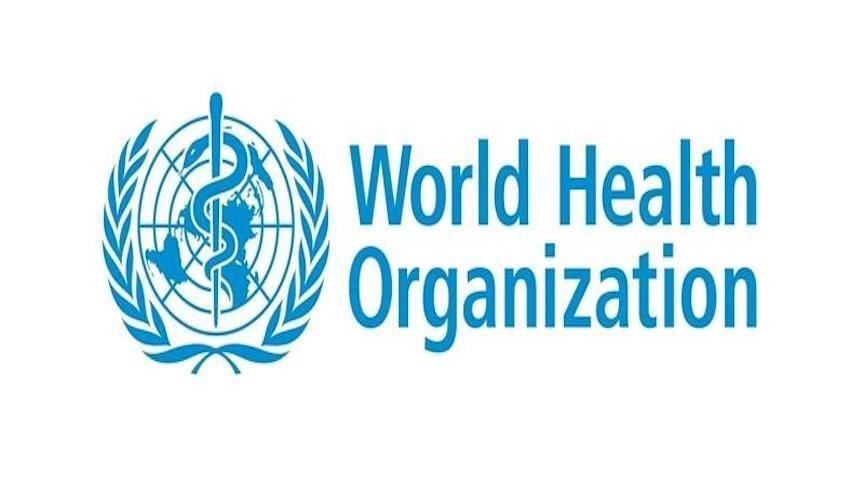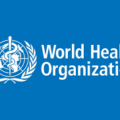The World Health Organization (WHO) defines palliative care as ‘an approach that improves the quality of life of patients and their families facing the problems associated with life-threatening illness, through the prevention and relief of suffering by means of early identification and impeccable assessment and treatment of pain and other problems, physical, psychosocial, and spiritual’.
The main focus of this specialty is to relieve pain and control symptoms and to improve the quality of care for patients, their families, and the healthcare system. It is holistic, patient-centered, comprehensive, and multidimensional so that it addresses not only the physical aspect, but also the psychological, social, and spiritual dimensions. The best illustration of the multidimensional nature is the concept of ‘total pain’ described by Saunders. The pain here is not merely physical but includes all of the other aspects mentioned above. Palliative care affirms life and regards dying as a normal process. It offers a support system to help patients live as actively as possible until death. It also provides a support system to help caregivers and families cope with the patient’s illness and in bereavement.
Palliative care is usually provided by a multidisciplinary team, which includes physicians, nurses, psychologists, physiotherapists, clinical pharmacists, occupational therapists, dieticians, and social workers. In addition, pastoral care is also included according to the religious beliefs of the patient. The other important components of palliative care are effective communication and planning and coordination of care. Palliative care can be introduced in several different settings: as a stand-alone service in a center or hospice, hospital-based, community-based, and home care.
The need for Palliative Care:
- fifty-two million people die each year
- it is estimated that tens of millions of people die with unrelieved suffering
- about five million people die of cancer each year, to which can be added the numbers of patients dying with AIDS and other diseases who might benefit from palliative care
- that many people die with unnecessary or untreated suffering has been well documented in many studies and published in hundreds of scientific papers and reports
- in developed and developing countries alike, people are living and dying
-
- in unnecessary, unrelieved pain
- with uncontrolled but controllable physical symptoms
- with unresolved psychosocial and spiritual problems
- in fear and loneliness, often feeling unwanted burdens.
- this is the suffering that could be helped or prevented with palliative care
- the World Health Organisation (1990) and the Barcelona (1996) declarations both called for palliative care to be included in every country’s health services
- the relief of suffering is an ethical imperative
- every patient with an active, progressive, far-advanced illness has a right to palliative care
- every doctor and nurse has a responsibility to employ the principles of palliative care in the care of these patients
- every patient has the right to die in a place of their choice.
The Goals of Palliative Care
For patients with active, progressive, far-advanced disease, the goals of palliative care are:
- to provide relief from pain and other physical symptoms
- to maximize the quality of life
- to provide psychosocial and spiritual care
- to provide support to help the family during the patient’s illness and in their subsequent bereavement.
Palliative Care and Suffering: Interprofessional Care
Suffering may be defined as the distress associated with events that threaten the intactness or wholeness of the person. In clinical practice, it is helpful to have a simple classification of the causes of suffering, so that the complex problems presented by patients can be disentangled, in order to provide comprehensive palliation and relief of suffering:
- Pain
- Other physical symptoms
- Psychological
- Social
- Cultural
- Spiritual
The components of palliative care, or the aspects of care and treatment that need to be addressed, follow logically from the causes of suffering. Each has to be addressed in the provision of comprehensive palliative care, making a multidisciplinary team approach to care a necessity.
Treatment of pain and physical symptoms are addressed first because it is not possible to deal with the psychosocial aspects of care if the patient has unrelieved pain or other distressing physical symptoms.
The various causes of suffering are interdependent and unrecognized or unresolved problems relating to one cause may cause or exacerbate other aspects of suffering
Pain and psychological suffering are inter-related
- Unrelieved pain can cause or aggravate psychosocial problems These psychosocial components of suffering cannot be treated successfully until the pain is relieved
- Pain may be aggravated by unrecognized or untreated psychosocial problems. No amount of well-prescribed analgesia will relieve the patient’s pain until the psychosocial problems are addressed
A multidisciplinary/team approach to assessment and treatment is mandatory
- Failure to do this often results in unrelieved pain and unrelieved psychosocial suffering. No one professional can deal with the many problems encountered in palliative care. An integrated team is essential.
Multidisciplinary and Interprofessional Teams
Successful palliative care requires attention to all aspects of a patient’s suffering. This requires input or assistance from a range of medical, nursing, and allied health personnel—a multidisciplinary approach.
Established palliative care services work as a multidisciplinary or interprofessional team
- multidisciplinary is the term that used to be applied to palliative care teams, but if the individuals work independently and there are no regular team meetings, patient care may become fragmented and conflicting information given to patients and families
- interprofessional is the term now used for teams that meet on a regular basis to discuss patient care and develop a unified plan of management for each patient, and provide support for other members of the team
- Where palliative care services have not yet been established, it is important for the few professionals providing such care to work as a team, meeting regularly, planning and reviewing care, and supporting each other.
The patient may be considered a ‘member’ of the team (although they do not participate in team meetings), as all treatment must be with their consent, understanding, and in accordance with their wishes.
The members of the patient’s family can be considered ‘members’, as they have an important role in the patient’s overall care and their opinions should be included when formulating a plan of management, then fully explained to them.
Volunteers play an important role in many palliative care services. They receive no pay but may be offered expenses. They work in reception, coffee rooms, library, appeals office, flower arranging, Day Unit, transport, charity shops but in most units do not perform ‘hand-on’ role with patients. They work under the direction of a Volunteer Service Manager, a salaried member of the staff.
The ideal core multidisciplinary clinical team consists of:
- Physician(s)
- Nurses (for both in-patient care and community care)
- Social Worker
- Physiotherapist
- Occupational Therapist
- Chaplain or Pastoral care worker
Very useful, but not essential, are:
- Clinical Psychologist (or visiting liaison psychiatrist)
- Clinical pharmacist
- Music and/or Art Therapist.






